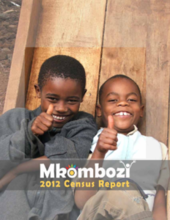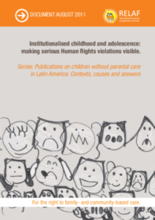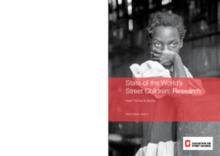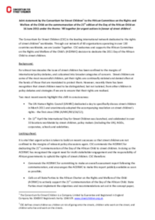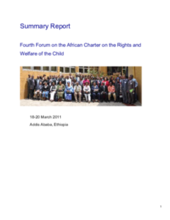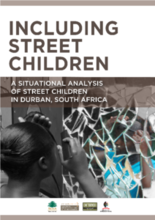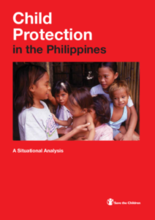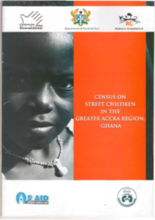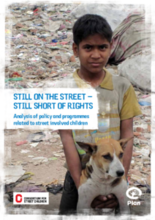Displaying 161 - 170 of 228
Cet article fournit un aperçu utile des initiatives du Burundi dans le domaine de la protection des enfants, y compris le travail pour élaborer des normes minimales pour les établissements de garde d'enfants et de soutenir les enfants vivant dans
This paper, produced by RELAF, is part of a series of publications on children without parental care in Latin America: Contexts, causes and answers. This document, and others in the series, pertains to the broad topic of children without parental care and examines the particular situation of institutionalised children.
This report presents a unique Literature Review of international research studies about street children published during the decade from 2000 to 2010.
Joint statement by the Consortium for Street Children to the African Committee on the Rights and Welfare of the Child on Day of African Child Theme: All Together for Street Children
The following recommendations were made to the African Committee of Experts on the Rights and Welfare of the Child in relation to children without appropriate care.
Street Action and the Centre of African Studies has launched Including Street Children: A situational Analysis of Street Children, the first report of its kind documenting the physical and psychosocial health of street children in Durban, South Africa.
This situational analysis was commissioned by the Child Protection Initiative as a preliminary exercise to develop evidence-based recommendations to guide Save the Children in the Philippines to develop interventions. Priority areas are children in residential care, children in armed conflict and disasters, children in situations of migration (including for trafficking purposes), and children in exploitative and hazardous work conditions.
The main objective of the Census was to create a database on Street Children that could be used as a platform to enable Government to design relevant policies and spearhead the delivery of services in partnership with NGOs, Civil Society Organisations (CSOs), Community Based Organisations (CBOs), families, communities and other stakeholders, to prevent and/or greatly reduce the phenomenon of Street Children in Ghana.
This report, commissioned by Plan International, and supported by Consortium for Street Children (CSC) through collaboration and information, and written by GCPS, provides an analysis of the situation of street involved children, how their issues are currently addressed within legislative and policy frameworks, and highlights programmatic initiatives being implemented by International and local NGOs. Its aim is to inform and provide suggestions for improved practice by NGOs working with street involved children.

